Before applying for any type of personal loan, understanding your credit score is extremely important. In fact, your credit score can affect not only your eligibility but also your interest rate and loan terms. You will know about credit score and personal loans in this post.
So, let’s break it down step by step. Whether you’re looking for a loan today or exploring options for personal loan now, this post will guide you in the right direction.
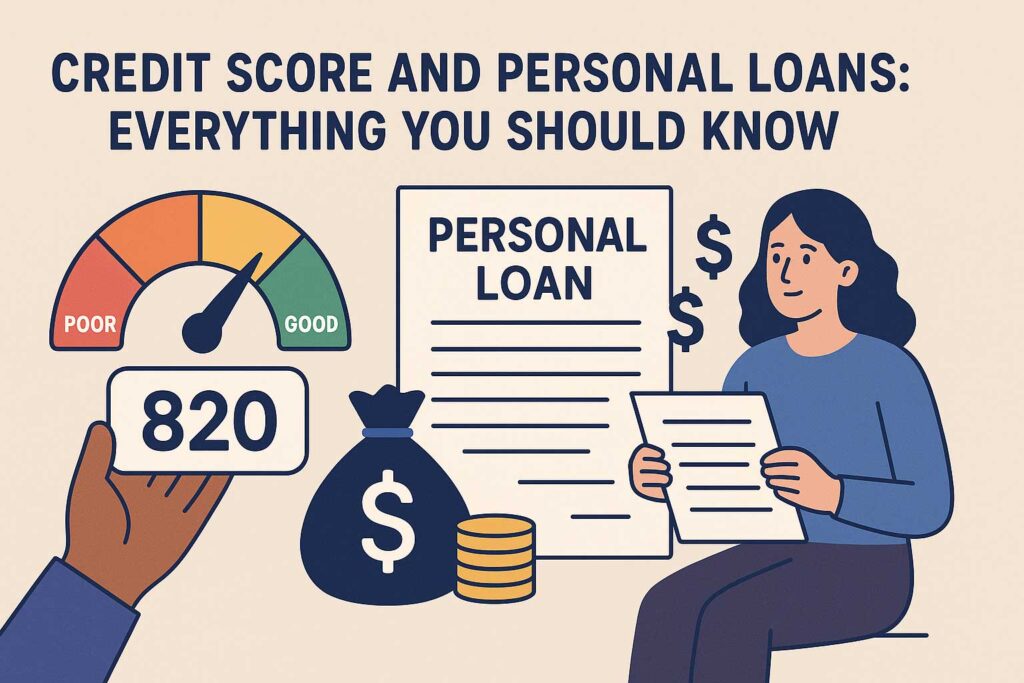
🔢 What Is a Credit Score?
Simply put, a credit score is a number between 300 and 850 that tells lenders how trustworthy you are with money. The higher your score, the more likely you are to qualify for a trusted personal loan or a loan in the US at a good interest rate.
Your score is based on several factors:
- Payment history
- Credit usage
- Length of credit history
- New credit inquiries
- Credit mix
For a deeper explanation, you can also check MyFICO.
📝 Why Does It Matter for a Personal Loan?
Let’s say you’re trying to get a personal loan today. Even if you meet the income requirements, a poor credit score could either result in a denial or a high-interest rate. Conversely, a great credit score can give you access to low-interest private loans or even bank loans.
If you’re considering small loans now or a personal loan for business, having a solid score gives you better chances at approval with flexible terms.
📊 Credit Score Ranges (What’s Good and What’s Not)
| Score Range | Rating | Loan Approval Chances |
|---|---|---|
| 800–850 | Excellent | Very High |
| 740–799 | Very Good | High |
| 670–739 | Good | Moderate |
| 580–669 | Fair | Low |
| 300–579 | Poor | Very Low |
Even though you can still get loans in the US with a fair score, the interest will be higher.
💡 How to Improve Your Credit Score Before Applying
Although improving your score takes time, small steps can make a big difference. For example:
- Always pay on time – This is the #1 factor.
- Reduce your credit card balance – Keep it under 30% of your limit.
- Avoid applying for multiple loans at once – Each hard inquiry can reduce your score.
- Dispute any errors on your credit report – Use AnnualCreditReport.com to check.
Additionally, explore options like secured credit cards to build history if you’re just starting out.
🧭 What If You Have Bad Credit?
Don’t worry. Even with a low score, you may still qualify for personal credit loans or individual loan programs. Some lenders specialize in trusted loans for people rebuilding credit.
We’ve covered these options in our guide:
🔗 How to Get a Loan with Bad Credit (Internal Link)
💬 Real-World Example
For instance, Jake had a credit score of 580. He was denied a loan today now from a traditional bank. However, after improving his score to 670 over six months, he qualified for a personal loan for home improvements at a much lower rate.
🛠 Tools That Can Help You Monitor Your Score
It’s always a good idea to track your credit regularly. Here are some free tools:
These platforms also give personalized tips on how to boost your score.
🏁 Final Thoughts
To sum it up, your credit score plays a major role in getting approved for a personal loan. Therefore, before you apply, take a moment to review and improve your score. Not only will this boost your chances, but it can also save you thousands of dollars in interest.
For more resources, visit our full guide:
🔗 Personal Loan Guide for US Borrowers
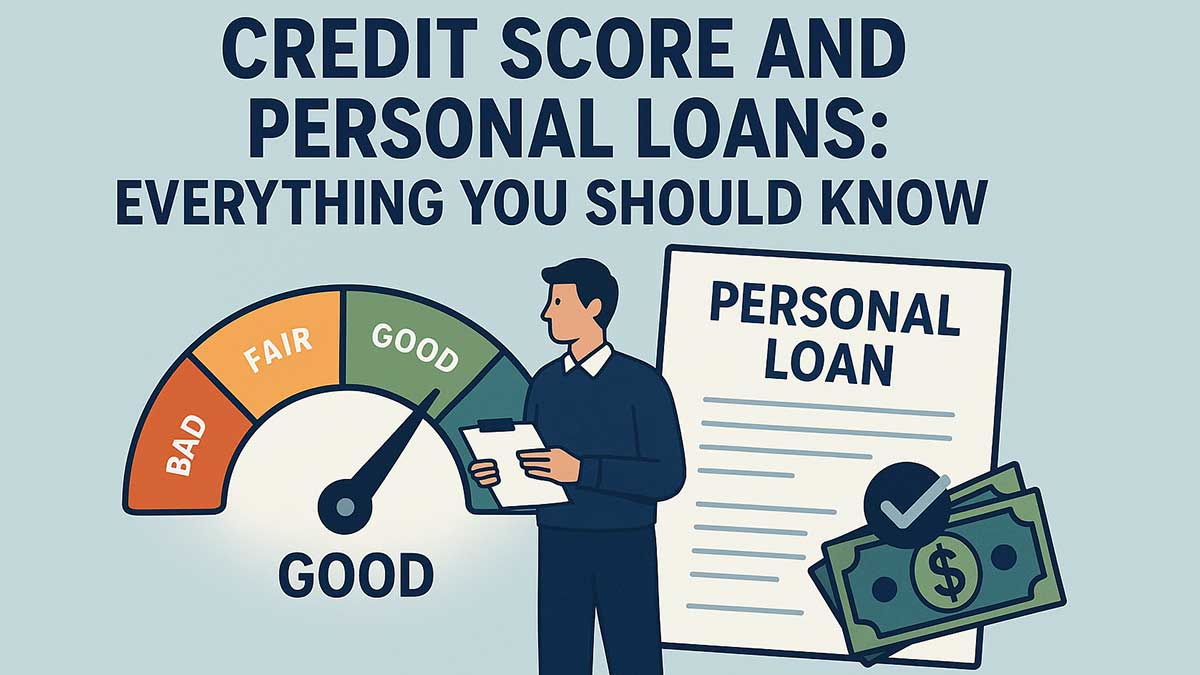
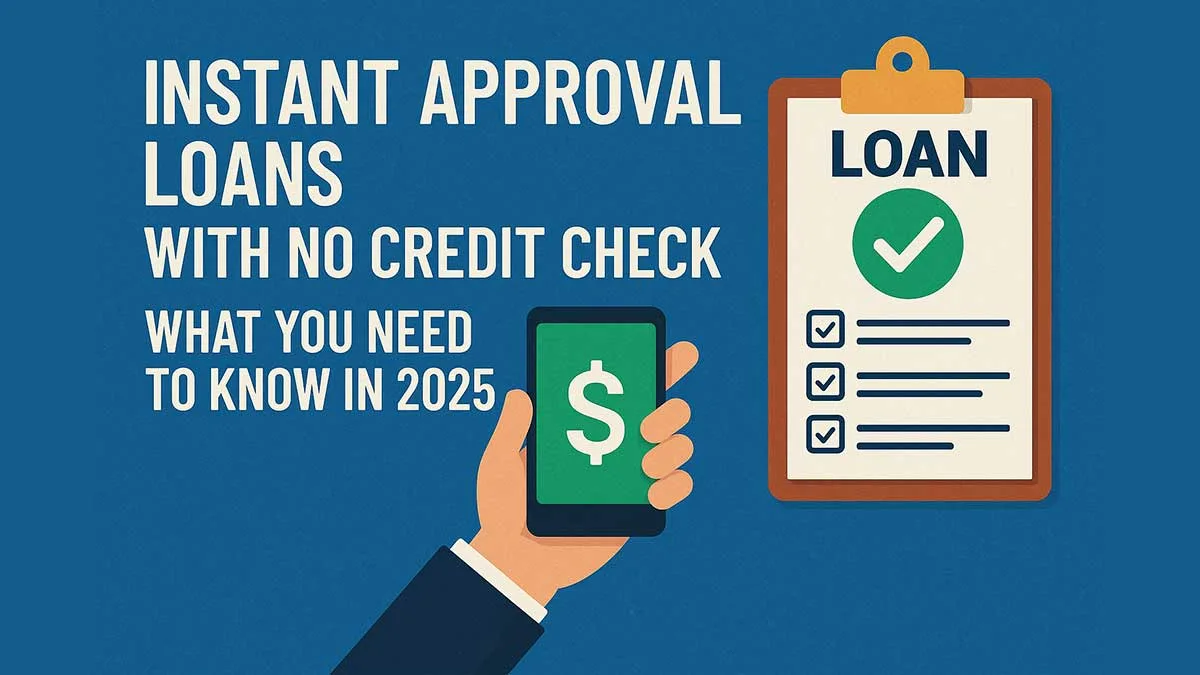
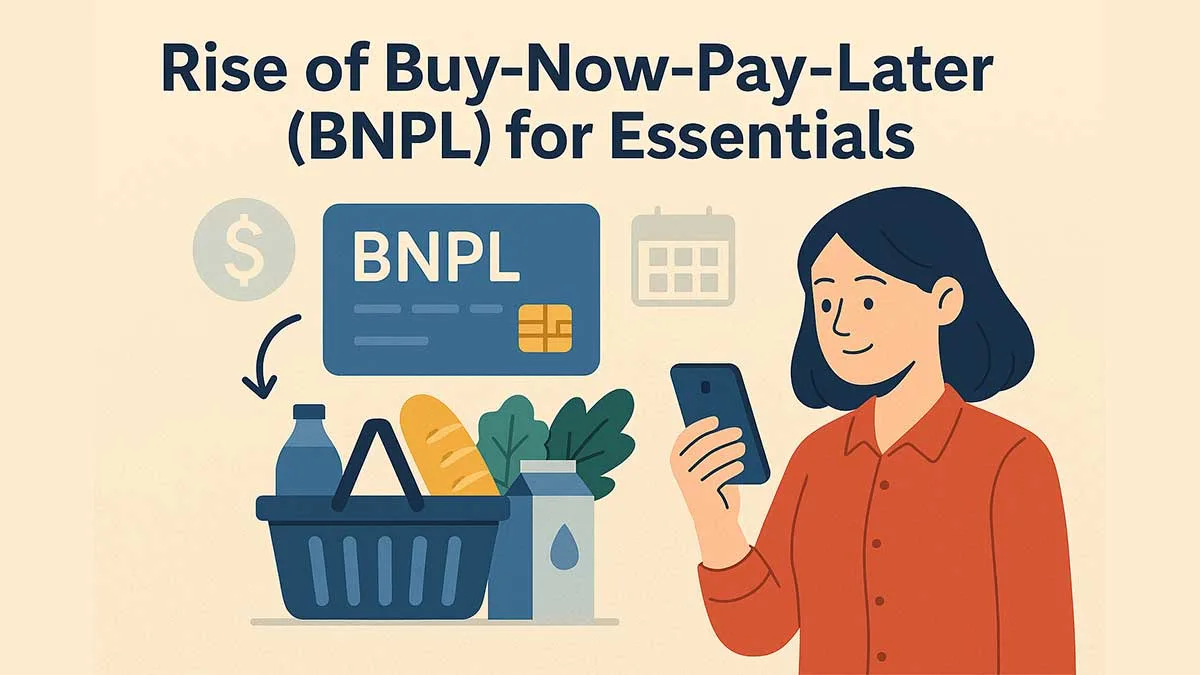

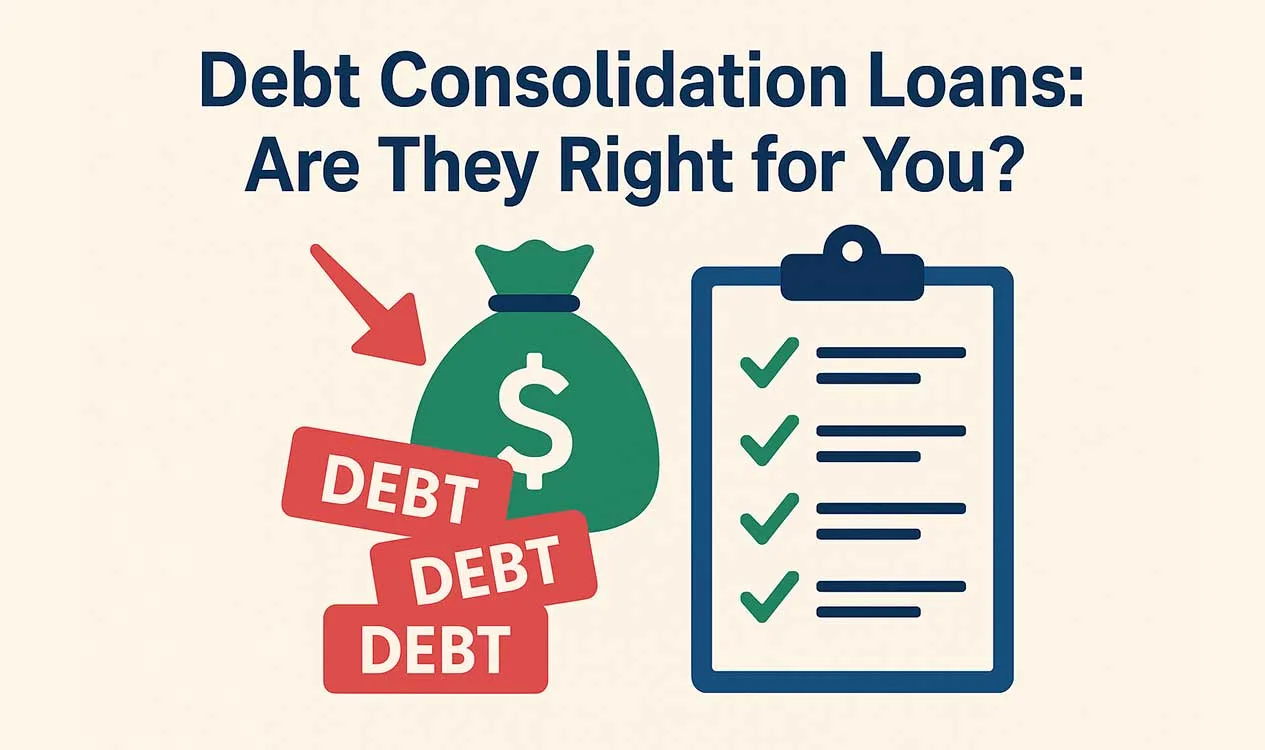
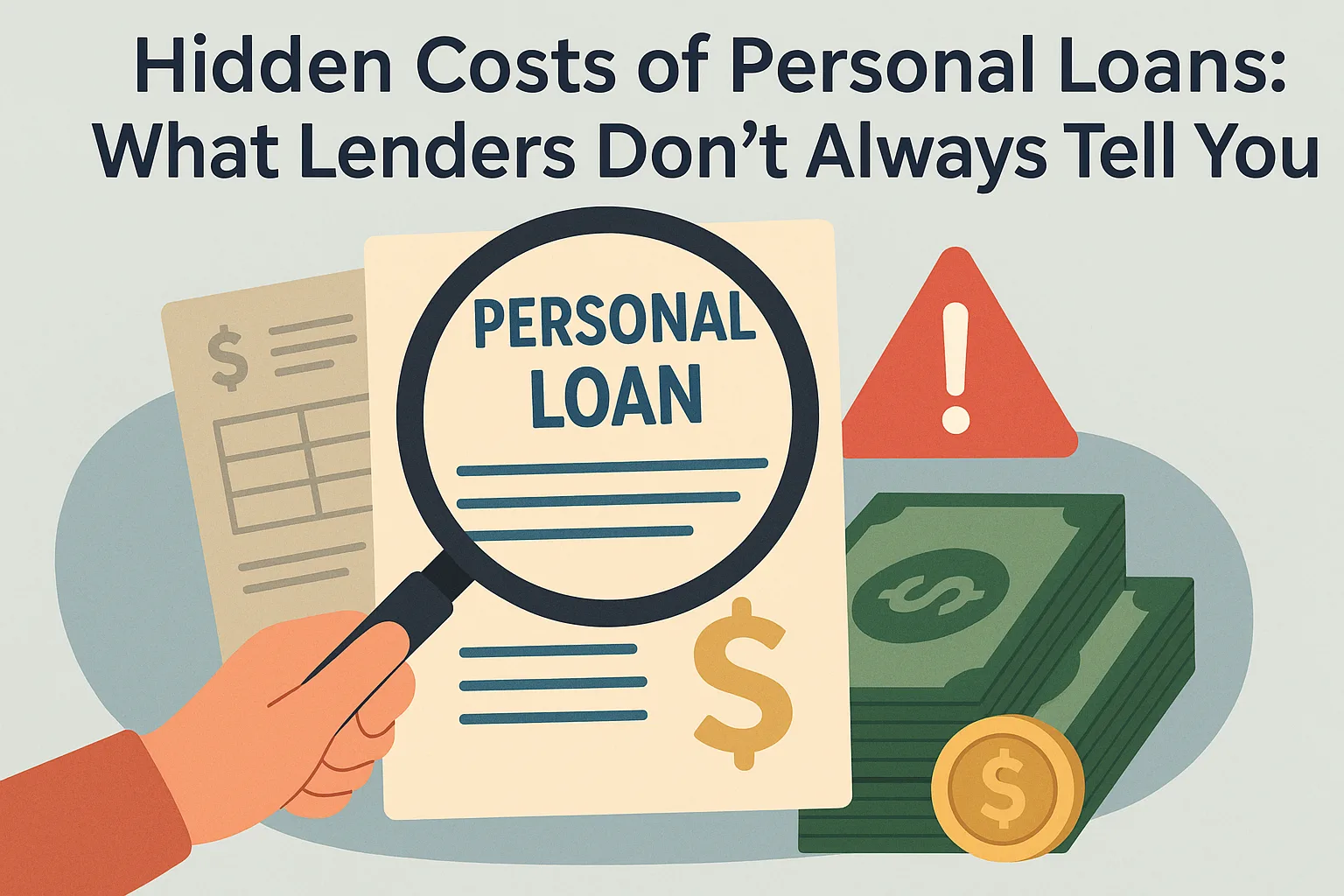
Leave a Reply